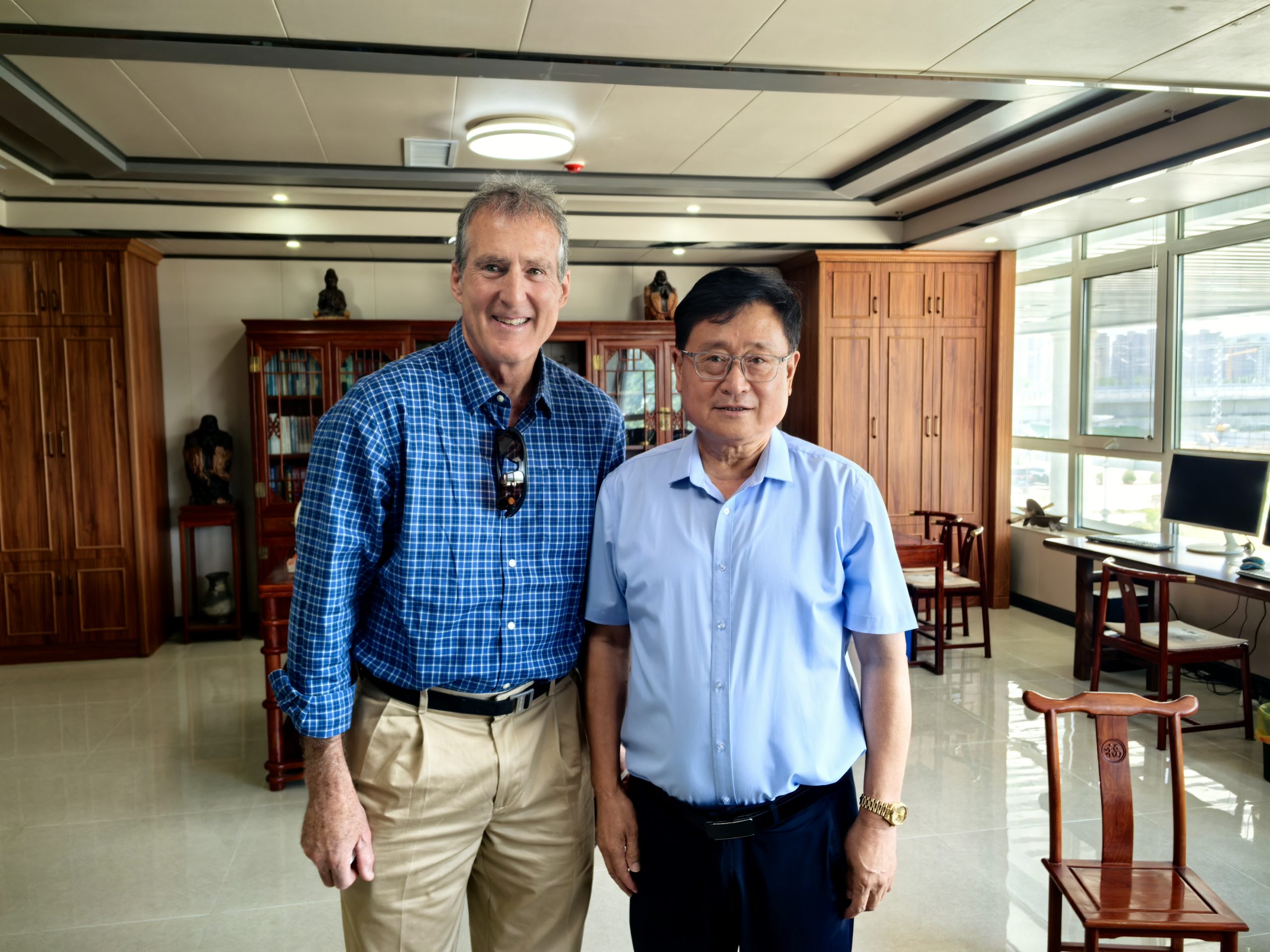
China Cancer Hospital hires Nobel laureate Professor CraigC.Melloas Chief Scientist
2025-07-01
On June 8-9, Professor Craig Melo, a Nobel laureate in Physiology or Medicine, and Professor Jiang Wei from the Cancer Hospital of the Chinese Academy of Medical Sciences visited Dongping, Shandong and participated in the “Nobel Medical Prize Oncology Academic Exchange Conference” hosted by Taimei Baofa Cancer Hospital for in-depth academic exchange. This trip marks the substantial integration of its Nobel Prize winning RNA interference technology and the hospital’s innovative “slow-release library therapy”, injecting strong momentum into the global cancer treatment field, especially pancreatic cancer treatment.
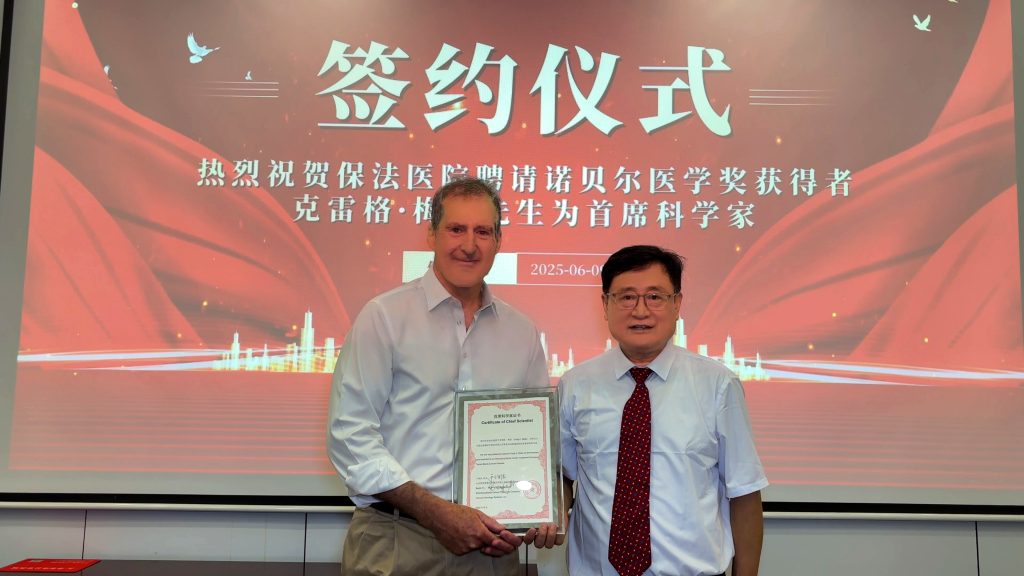
In 2016, Professor Merleau highly praised Professor Yu Baofa, the director of Taimei Baofa Cancer Hospital, for inventing the “UMIPIC” at the “Third Nobel Laureate Medical Summit”. After nine years, this dialogue originating from top international academic platforms will continue to write a new chapter in Dongping, Shandong. Professor Meiluo’s visit is not only a deep dialogue between international cutting-edge scientific concepts and domestic innovation in China, but also a new bridge for cooperation in tumor research between China and foreign countries.
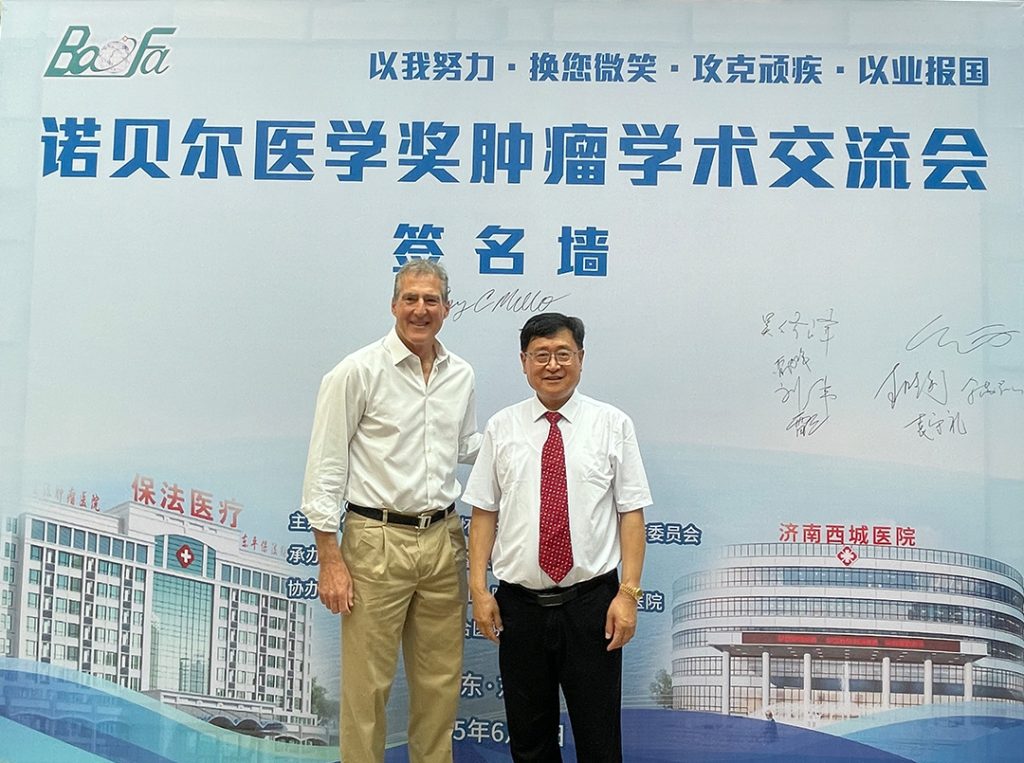
At the exchange meeting, Professor Melo shared his latest insights in the field of RNA interference and tumor research. Professor Jiang Wei from the Cancer Hospital of the Chinese Academy of Medical Sciences shared 《Art of Cancer Research: Applications of RNAi, Animal Models and Super Resolution Imaging》.Academician Yu Baofa shared clinical research on self nano induced tumor immunotherapy for solid tumors at the exchange meeting, and shared 27 years of clinical experience in using sustained-release drug therapy to treat cancer. Before the exchange meeting began, Professor Merleau and Professor Yu Baofa reached a cancer research cooperation agreement and gladly accepted the appointment of Chief Scientist of Baofa Medical. Professor Yu Baofa presented a gift to Professor Merleau – a Merleau portrait oil painting signed by Professor Yu Baofa. The perfect combination of Nobel laureate RNA interference technology and Professor Yu Baofa’s patented technology “sustained-release library” is the greatest blessing for cancer patients. This exchange will become a platform for gathering global wisdom and colliding innovative sparks, and its cutting-edge scientific perspective is expected to point out breakthrough directions for the domestic oncology community.
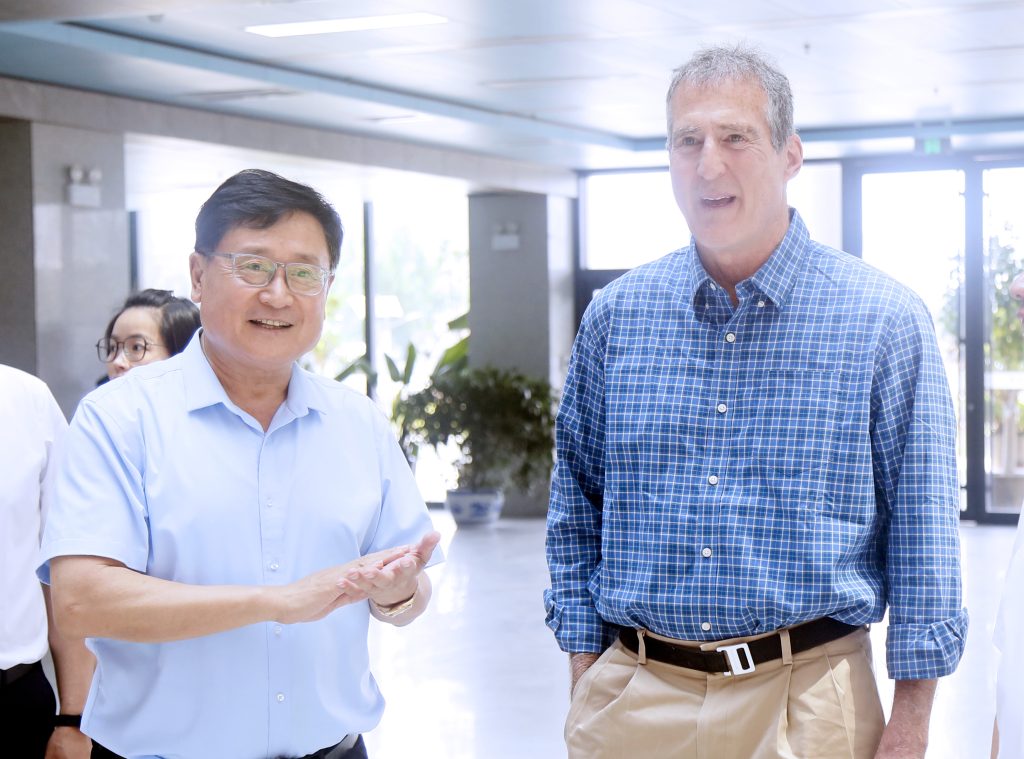
Since its establishment 27 years ago, Taimei Baofa Cancer Hospital has achieved significant results in the use of “UMIPIC” for chemotherapy and immunotherapy within tumors, especially for pancreatic cancer. It has been included in the “Clinical Operation Guidelines for Interventional Therapy of Advanced Pancreatic Cancer” (Trial) (Seventh Edition). However, there are still individual differences in therapeutic efficacy in actual clinical practice, and the Yu Baofa team has identified the root cause of the differences. Professor Merleau was awarded the Nobel Prize for co discovering RNA interference with Andrew Farr in 2006. This discovery reveals the core mechanism by which double stranded RNA can specifically inhibit gene expression, opening up a revolutionary path for studying gene function and exploring the root causes of diseases. RNA interference technology has become a cornerstone tool in modern biomedical research, providing new ideas for the treatment of various diseases including cancer. Professor Melo’s RNA interference technology is expected to accurately solve this problem and significantly improve the consistency of therapeutic efficacy. The technical integration of both sides is not only a major breakthrough in the treatment of pancreatic cancer in the world, but also will comprehensively improve the therapeutic effect of “slow release library therapy” on all solid tumors.
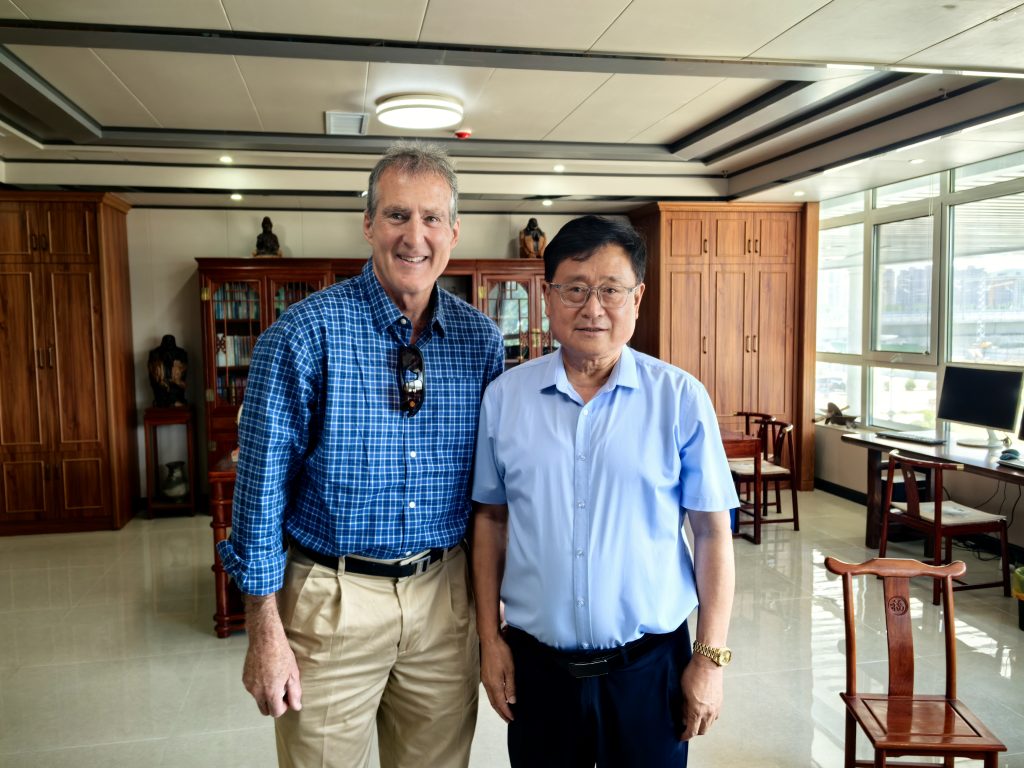
From academic resonance in 2016 to the current technological implementation, this collaboration is a model of deep integration between international top scientific research achievements and Chinese clinical practice. As evaluated by Gu Fangzhou, former president of Peking Union Medical College, Professor Yu Baofa has “pioneered the scientific research of private hospitals”. The introduction of Professor Melo’s technology will not only improve the level of tumor treatment in the local and surrounding areas, but also ignite a new dawn of life for cancer patients worldwide, and promote the human anti-cancer cause to a new height. Before the trip, Professor Merleau also specifically stated that science knows no borders, and fighting cancer requires global wisdom. “I look forward to in-depth cooperation with Professor Yu Baofa’s team to explore more effective cancer solutions together.


